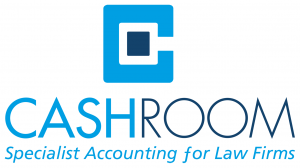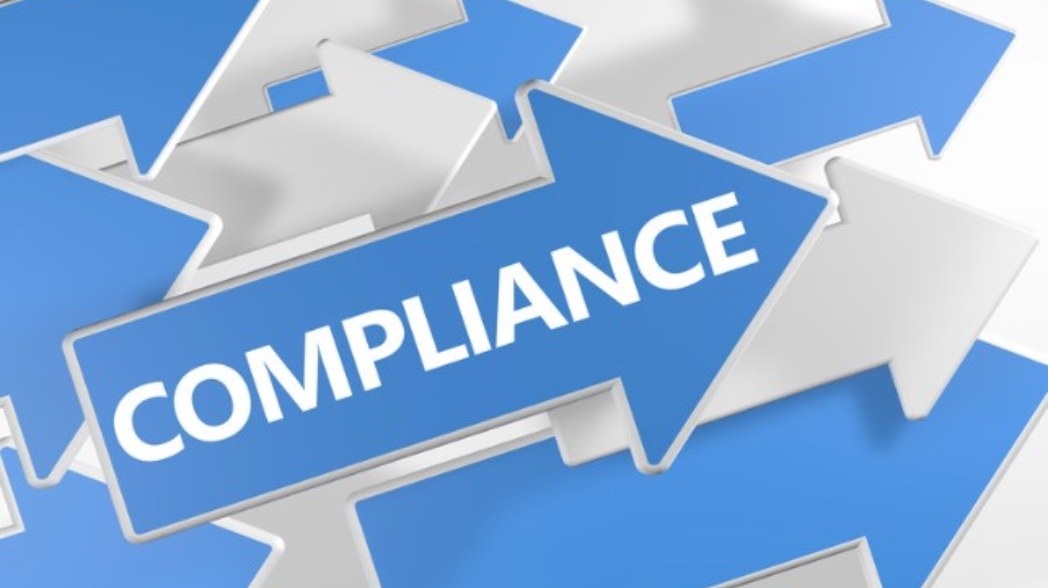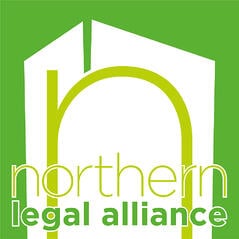The burden of compliance for law firms – expert tips to help!
Law firms face a myriad of compliance challenges that can be intricate and expensive to navigate. Compliance is not just a mere checkbox exercise for law firms – it is the very foundation upon which ethical conduct, client trust, and professional credibility are built. Failure to comply with compliance regulations can result in monetary fines from the SRA, tarnishing the firm’s reputation and putting clients at risk. Compliance is not just a legal obligation, it’s a testament to a law firms’ commitment to upholding the highest standards and client trust.
To assist law firms in dealing with compliance, we have compiled a few top tips. By following these steps, law firms can ensure robust compliance and safeguard both themselves and their clients.
Stay ahead of regulatory changes
Regulation for law firms can be a complex and ever-changing landscape. There are frequent updates and changes that firms must stay ahead of, with numerous providers claiming to be experts in these areas. It is crucial to establish processes that keep you informed about new regulations, updates, and guidelines that affect your practice areas. This entails regular monitoring of regulatory authorities such as the SRA, CLC, Solicitors Accounts Rules, as well as staying up-to-date with the law itself. Subscribing to trusted legal news sources and participating in industry webinars can help you remain informed about the latest changes and developments.
Here is a list of some excellent publications you can subscribe to:
Develop a culture of compliance in your firm
Compliance is not solely the responsibility of your COLP/COFA or your compliance team. It should be a mindset and culture that permeates the entire firm. You need to create an environment where every member of the firm understands the significance of compliance and feels empowered to contribute because they fully grasp the implications if regulations are not upheld. Introducing regular training sessions, internal communications, and raising awareness about compliance requirements can help foster a proactive culture.
Hiring a third-party advisor or consultant to handle compliance regulations can save law firms valuable time and money in the long run. There are numerous suppliers that can assist with training and compliance. Here are a few examples:
Implement comprehensive policies and procedures
To ensure compliance, firms need clear and well-documented policies and procedures. These should cover key areas such as data protection, anti-money laundering (AML), anti-bribery, client confidentiality, and conflict of interest. These policies should be easily accessible to all employees and regularly updated to reflect changes in regulations. However, it is not enough to simply have these policies and procedures in place. It is important for legal firms to train their entire team in essential processes so that everyone knows how to avoid risk.
There are resources available to support you with policy writing and compliance. For example, Legal Eye’s policy store provides a set of documents for firms to use in building their risk and compliance framework. You can find more information here
Conduct audits and risk assessments
To stay ahead with compliance, firms need to conduct regular internal audits and risk assessments. These help identify potential compliance gaps and vulnerabilities, allowing law firms to proactively address issues before they escalate. Audits should encompass financial operations, client data handling, and confidentiality practices. By conducting your own regular internal audits, your firm will be in a confident position when it comes to regulatory audits.
At Cashroom, we provide support to clients in ensuring their accounts processes and procedures are efficient and compliant – we can also provide ‘health checks’ for your firms in-house accounting procedures and processes. To find out more about how we can help your firm with accounting compliance, please get in touch with us.
Implement robust data protection practices
The General Data Protection Regulation (GDPR) places significant obligations on firms handling personal data. Law firms manage vast amounts of sensitive data on clients, making it crucial to implement stringent data protection practices. This includes obtaining explicit consent from clients, securing data storage, and promptly addressing any data breaches. Data protection training for all staff members is crucial to ensure consistent compliance with data protection regulations and the law.
The Law Society has a comprehensive guide on GDPR for law firms that you can read here
Maintain meticulous record-keeping
Accurate and organized record-keeping is essential for compliance. Maintaining records of financial transactions, client communications, and internal policies should be of utmost importance for firms. These records not only demonstrate compliance but also serve as valuable resources in case of audits or legal disputes.
For example, Cashroom provides clients with an audit trail and communication tracking through our secure and innovative client portal. You can learn more about our client portal here: [link to blog on portal]. Does your firm and your outsourced services provide this audit trail for you?
Ongoing training
Law firm leaders must foster an ethical culture from the top down and set expectations that all employees will uphold compliance laws and best practices. Compliance education is an ongoing process.
Non-compliance can happen when legal teams aren’t properly educated or trained. So at the very least, make sure compliance training is a part of your law firm’s onboarding process when new hires join.
But compliance education isn’t just a one-and-done affair, either. Most legal professionals are up to speed on major regulations, but compliance laws evolve. It’s important to schedule ongoing trainings to keep staff members aware of changes and remind them about data security measures—especially if they’re working from home.
It is important that everyone in the firm understands that every single employee plays a role in ensuring compliance for the whole firm and clients.
So, to conclude, compliance isn’t a one-time task, it is an ongoing commitment for your firm that requires vigilance, adaptability and dedication to ethical conduct. By staying informed, developing a compliance orientated culture and implementing robust policies and practices, firms can navigate the complex regulatory landscape with confidence. But we know it isn’t always that straightforward, if you need any support with compliance there are businesses dedicated to certain areas such as document storage, AML and cyber security that can help you, some of which are mentioned in this article.
If you require any support with your accounting compliance or have any questions on how Cashroom can provide support with ensuring compliance and efficiency in your firm, please get in touch.
P: 01695 550950
About Cashroom
 Cashroom provides expert outsourced accounting services for Law Firms including Legal Cashiering, Management Accounts and Payroll services. Our mission is to free lawyers from the complexities of legal accounting by supporting the industry with accurate management information and allowing lawyers to do what they do best – practice law.
Cashroom provides expert outsourced accounting services for Law Firms including Legal Cashiering, Management Accounts and Payroll services. Our mission is to free lawyers from the complexities of legal accounting by supporting the industry with accurate management information and allowing lawyers to do what they do best – practice law.
The team’s expertise is evident and gives us confidence our funds are in safe hands. Their innovative portal prompts best practice, compliance and provides a clear audit trail as well as enhancing security for our firm and clients. Working with Cashroom assures the continuous running of an essential department for our firm and means we no longer need to worry about holiday cover/sick cover etc as Cashroom has us covered.




